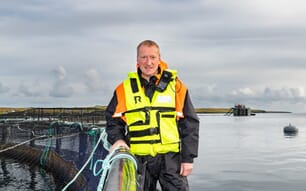According to the EU decision on the 4 October, 2016, the amendment is in accordance with the opinion of the Standing Committee on Plants, Animals, Food and Feed.
As per the revised norms, EU Member States are advised to test official samples taken from at least 50 per cent of consignments presented for import at border inspection posts on their territory.
In case a consignment consists of aquaculture products from more than one establishment of origin, samples are to be taken for each individual establishment, the notification said.
Earlier, the norm mandated testing of samples from at least 10 per cent of the consignments of aquaculture products from India intended for human consumption.
“Indian exports to EU will be affected very much by this. Due to risk and more expenses and in the absence of good burying rate, no exporter form India will be encouraged to do business with EU,” says Ajay Dash, Odisha Regional President of Seafood Exporters Association of India.
According to the EU, revision is made as tests undertaken by official control laboratories found that the level of compliance in cases of aquaculture products from India is unsatisfactory.
So, the obligation for a mandatory testing should be strengthened to continue to deter producers in India from misusing the relevant substances and to minimise risks to human health in the European Union, the notification noted.
The tests are done to check presence of pharmacologically active substances such as chloramphenicol, tetracycline, oxytetracycline and chlortetracycline and of metabolites of nitrofurans.



